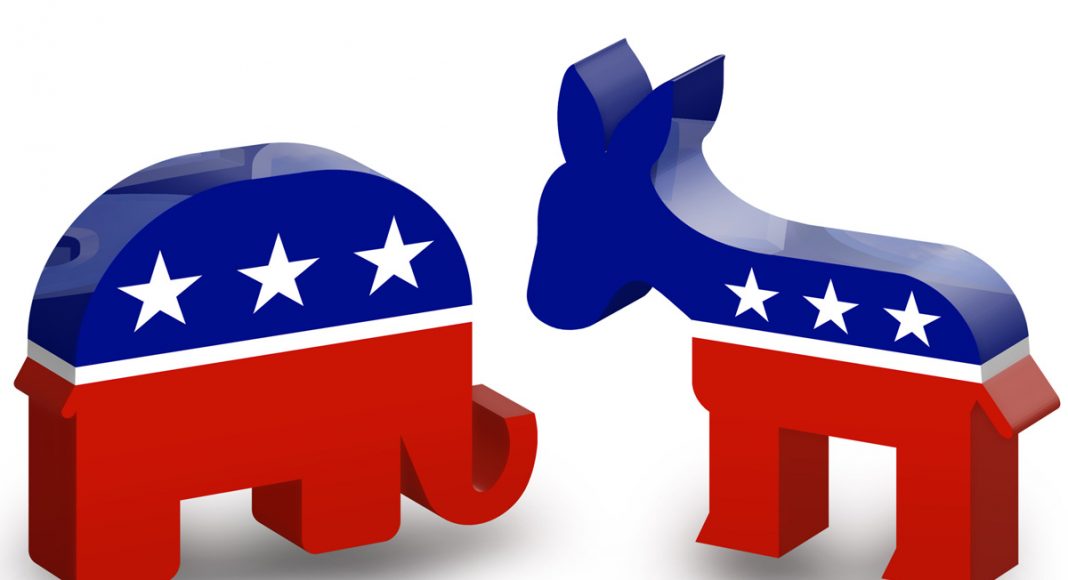Republicans are starting to panic when it comes to the legalization of marijuana. They are seeing the big push to pass medical marijuana laws in many states as a way for interested parties to eventually weasel into entirely legal markets. And for a good reason. Nine states and District of Columbia have all jumped into their version of recreational marijuana over the years after first legalizing for medical use. This method is considered a gateway to “de facto” legalization, according to Politico.
This has been the move for the past two decades, with California serving as the best model the United States has for turning a free medical marijuana program into a taxed and regulated market that mimics the alcohol trade. Now with states like New York and New Jersey on the verge of passing similar laws, the country could soon be in a position where legal weed is available in some of the most influential parts of the country. Still, the federal government hasn’t budged. It still considers the cannabis plant a Schedule I dangerous drug. And it only provides special medical permission to Big Pharma.
The concept of medical marijuana has been a solid move for turning states into entirely legal markets. Some of the latest polls show that in upwards of 90 percent of the population is in favor of giving people the freedom to use cannabis for therapeutic purposes. Considering the transition to from patients to prohibition’s end in states like California and Colorado, pot advocates are now strengthening their position by pushing for some level of reform in conservative states or through the expansion of existing therapeutic programs. It’s a situation that is making it difficult for naysayers to swallow the argument that medical marijuana is all about defending the needs of patients.
“This doesn’t have anything to do with cancer patients, or folks with epilepsy, this is about the expansion of the marijuana industry,” said Kevin Sabet of Smart Approaches to Marijuana, which opposes recreational marijuana laws. “The worst kept secret about most medical marijuana programs is that they often act as de facto legalization. With the expansion of programs in New Jersey or other states, this is often tied to the marijuana industry’s interest to expand the user pool and make money.”
Although there are obviously people who benefit from statewide medical marijuana programs, to suggest that the idea of providing people with “medicine” hasn’t helped forward the whole of the marijuana movement would be misaligned. By showing skeptics that marijuana isn’t the boogeyman, it has made it easier to gain their support when it comes time to pushing medical laws into all legal territory.
This is perhaps the reason lawmakers are starting to take a proactive position when it comes to their states implementing medical marijuana programs. In Utah, for example, where the voters are slated to decide on a medical marijuana program next month, state lawmakers, the Governor and other influential powers recently got together on a “compromise” to create a more palatable plan. And medical marijuana advocates have accepted the deal to prevent hassles if and when legalization goes through.
Now, if advocates could just find a way to influence Congress to take some kind of action concerning legalization, the nation would finally see some real progress.


